Ross Bartels has published a co-authored a paper in the Journal of Sexual Aggression with graduated MSc student Cheye Willis. The study examines whether the phenomenology of sexual fantasies (arousal, vividness, absorption) is related to motivation to enact the fantasy, as well as whether the plausibility of sexual fantasy (both paraphilic and non-paraphilic) is associated with sexual fantasising and past enactment of the behaviour.
Abstract
This study examined whether the phenomenology (vividness, absorption, sexual arousal) and plausibility of sexual fantasies are associated with behavioural motivation and enactment. An online sample (N = 254) completed a working memory capacity (WMC) questionnaire. They then envisioned an unenacted sexual fantasy and rated its phenomenological characteristics and their motivation to enact it. Next, a questionnaire measuring deliberate sexual fantasising, spontaneous sexual thoughts, behavioural enactment, and content plausibility was completed. Phenomenological characteristics were unrelated to WMC, but positively associated with motivation. Deliberate fantasising was associated with behavioural enactment for both non-paraphilic and paraphilic content. Spontaneous thoughts were associated with the plausibility of non-paraphilic and paraphilic content, while deliberate fantasising was only associated with plausible non-paraphilic content. Plausibility mediated the relationship between sexual thinking and behaviour for both types of content. The results suggest that the phenomenology and plausibility of sexual fantasises are important factors for understanding the sexual fantasy-behaviour link.
